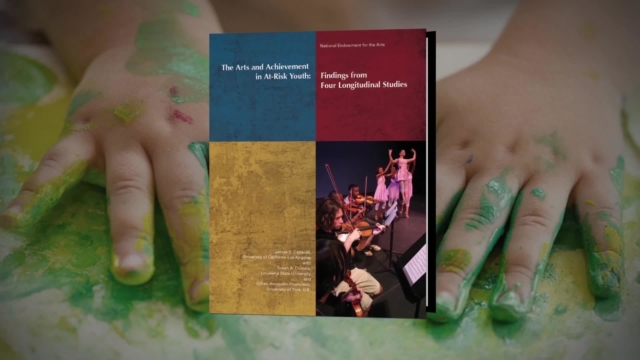Decades of scientific research has shown that engaging with the arts has a profound and lasting impact on human cognitive function. As a result, students who are exposed to the arts, and encouraged to explore their creativity at a young age, go on to achieve better scholastic results throughout their academic career.

Arts Education and Academic Achievement
The research is irrefutable. Education in the arts provides students of all ages with many academic advantages: improved performance in reading, math, cognitive ability and verbal skills, just to name a few.“Anything related to the arts impacts the brain,” said Professor James Catterall, founder of the Centers for Research on Creativity at the California Institute of the Arts. “And when the brain is impacted, it’s the never the same again. The brain grows with experiences, musical experiences among them.”
Vast cuts to funding for the arts in education has left many American school systems without the means to offer arts education to millions of students. But grass-roots organizations, like Inner-City Arts, P.S. Arts and the Boyle Heights Community Youth Orchestra in Los Angeles, have stepped up to fill the void.
“Seventy-six percent of the arts have been cut [in Los Angeles public schools] in the last six years and, unfortunately, who that affects is the elementary school students,” said Dr. Suzanne Gindin, Director of the Boyle Heights Community Youth Orchestra. “Those are the ones who really need it because that’s when they are still open to these experiences.”
Researchers and educators alike hope that new common core education standards in the United States will follow the standards set by countries like Australia, where the arts are mandated curriculum for early childhood education.
“Put [students] in situations where they can make and solve problems with creative materials,” said Bob Bates, founder and Artistic Director of Inner-City Arts. “It’s unbelievably powerful.”

 CGTN America
CGTN America
